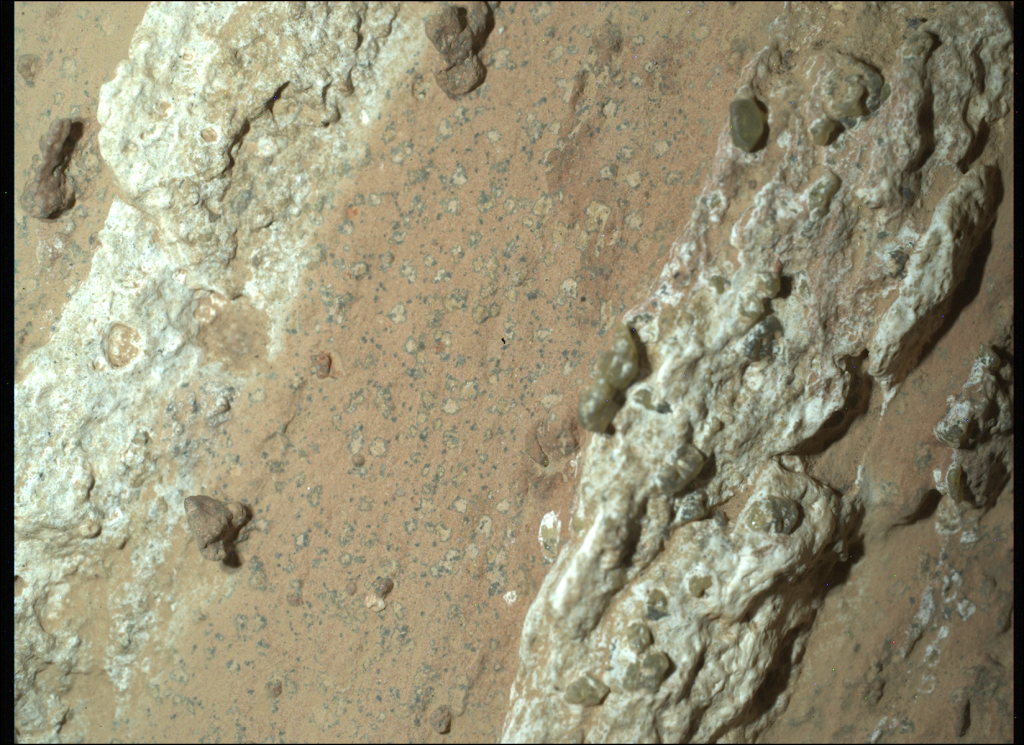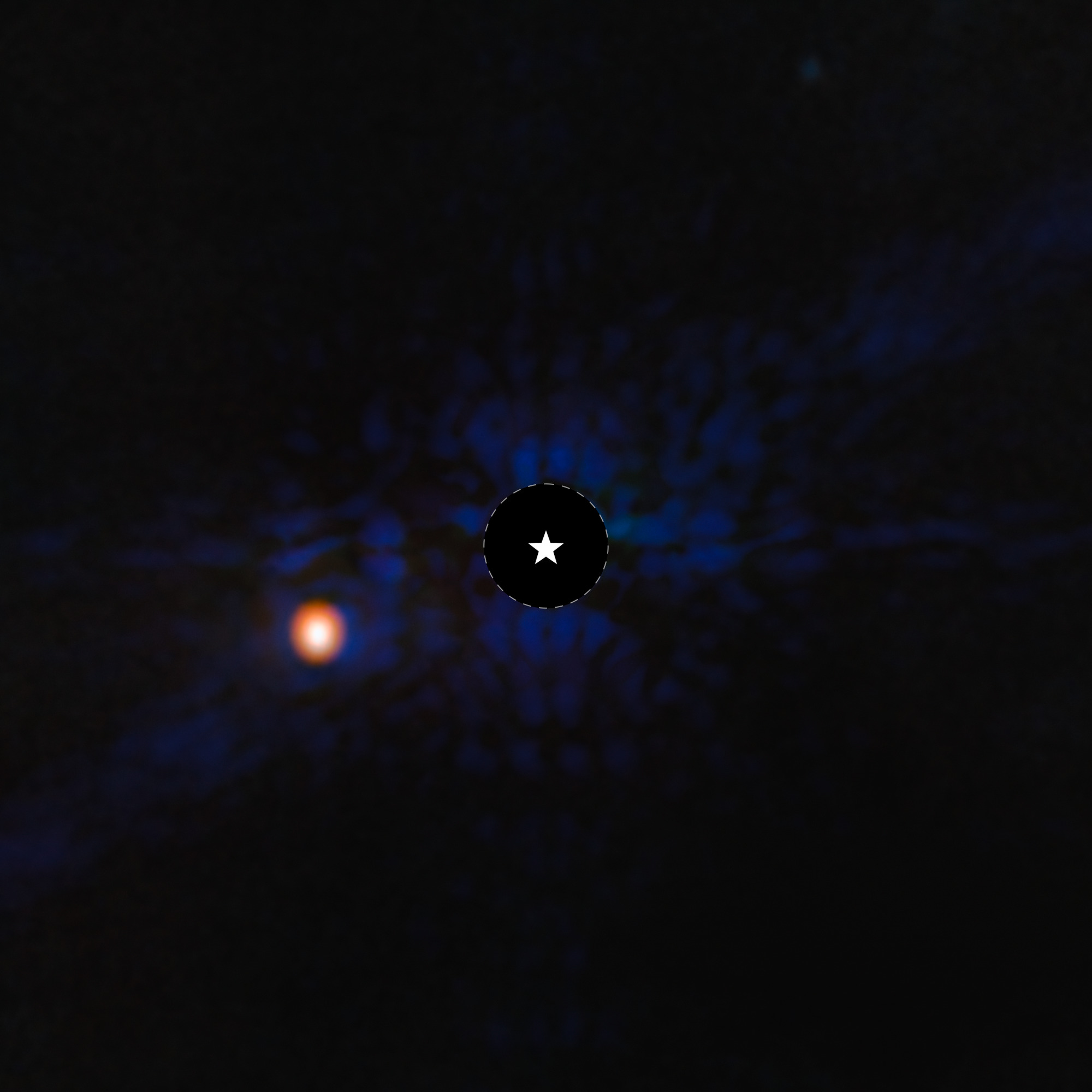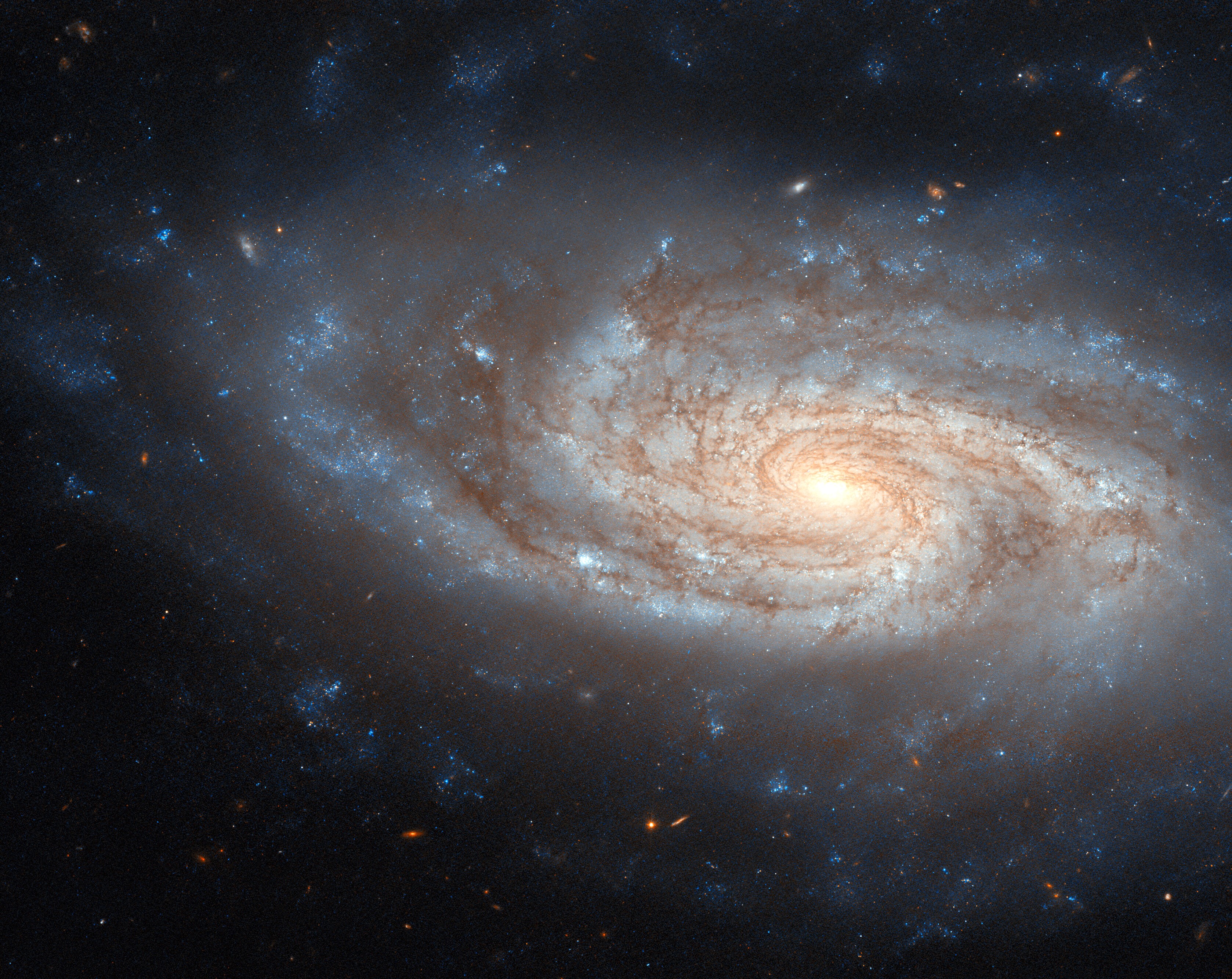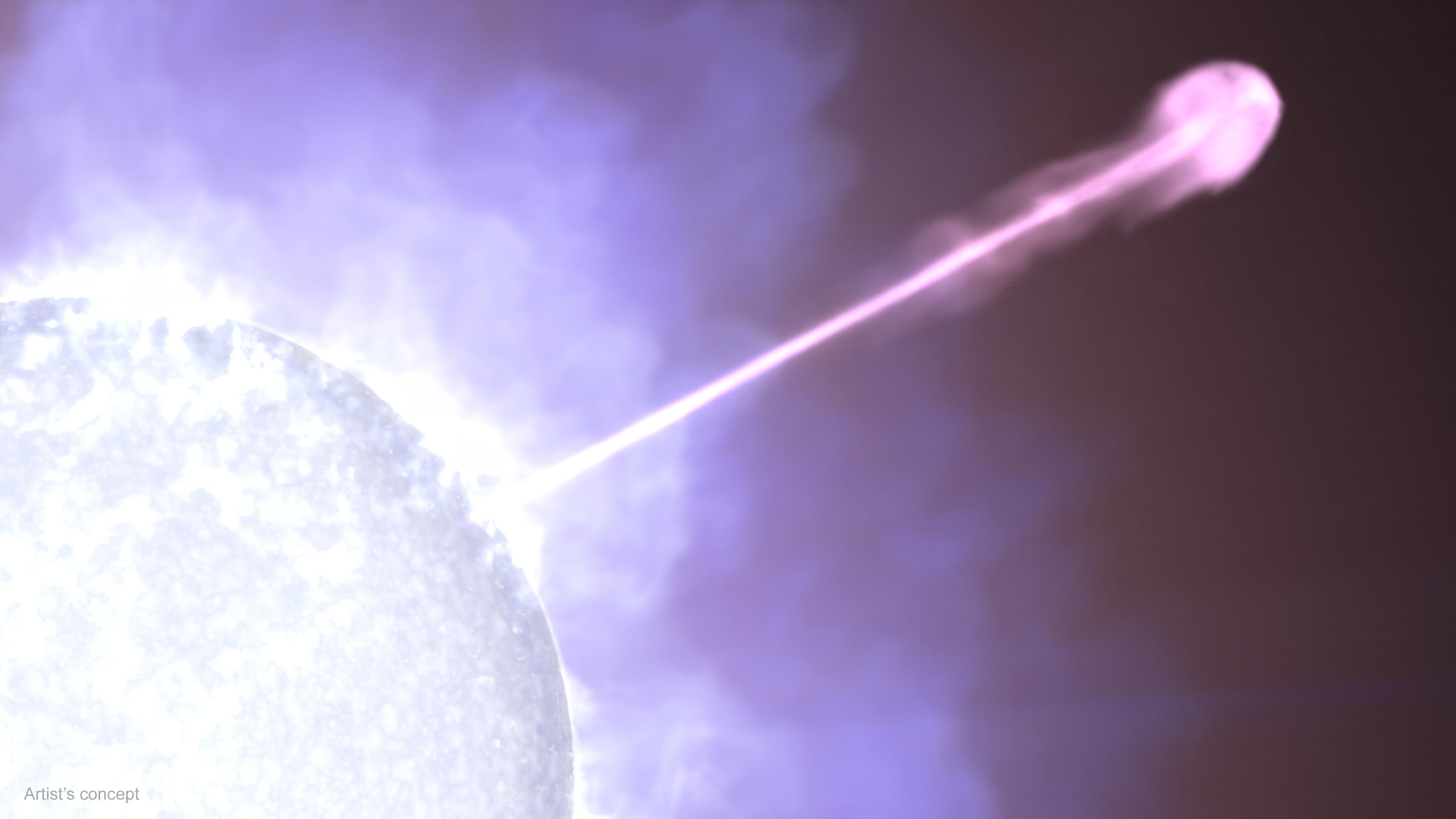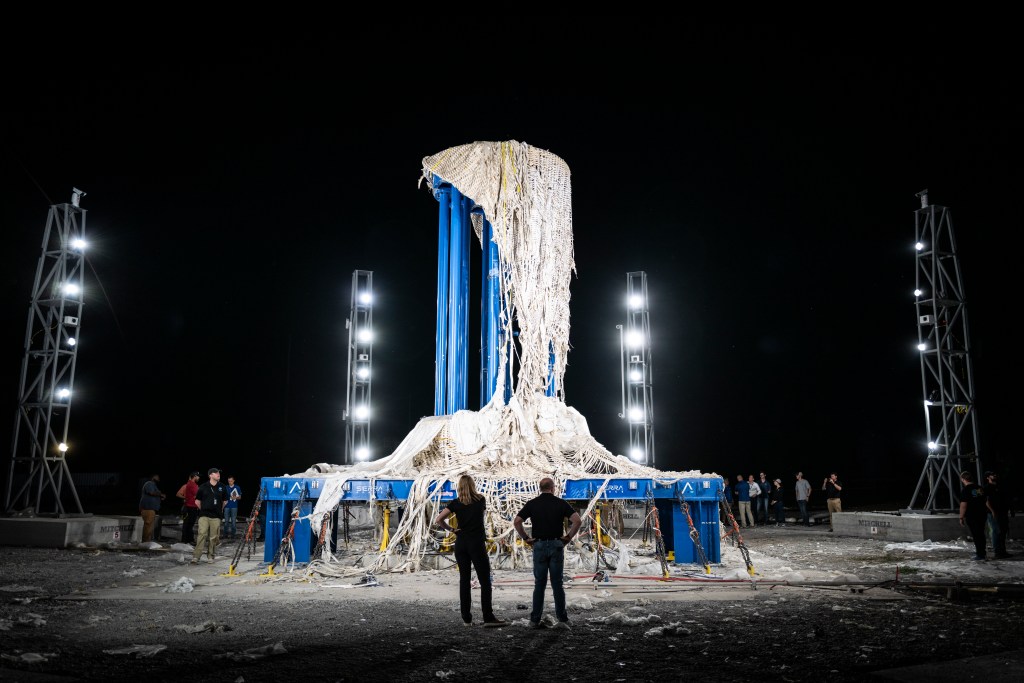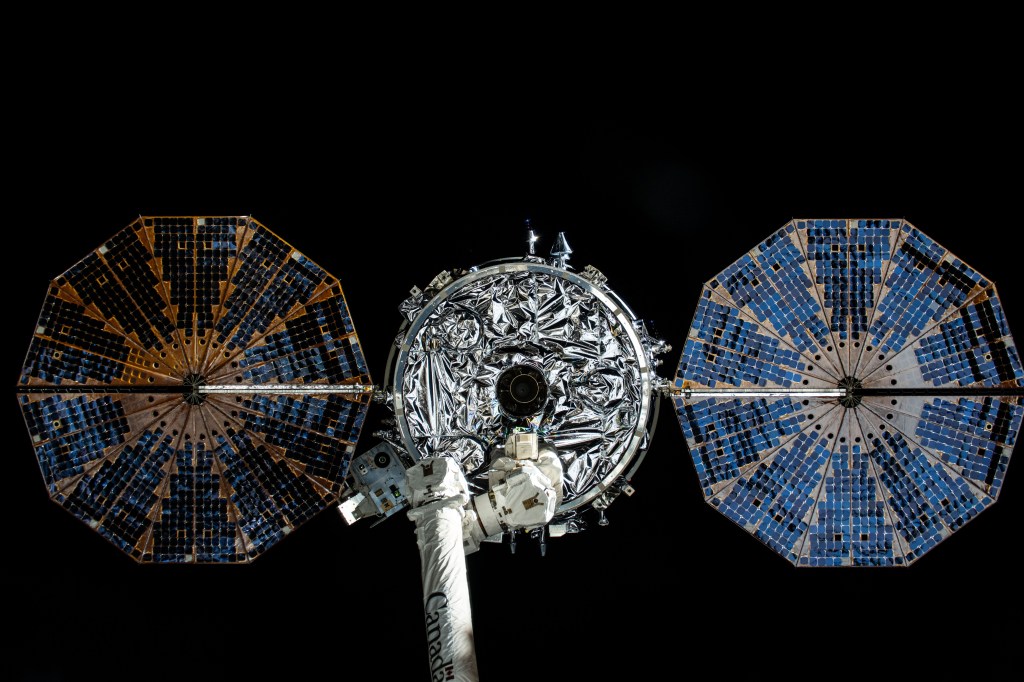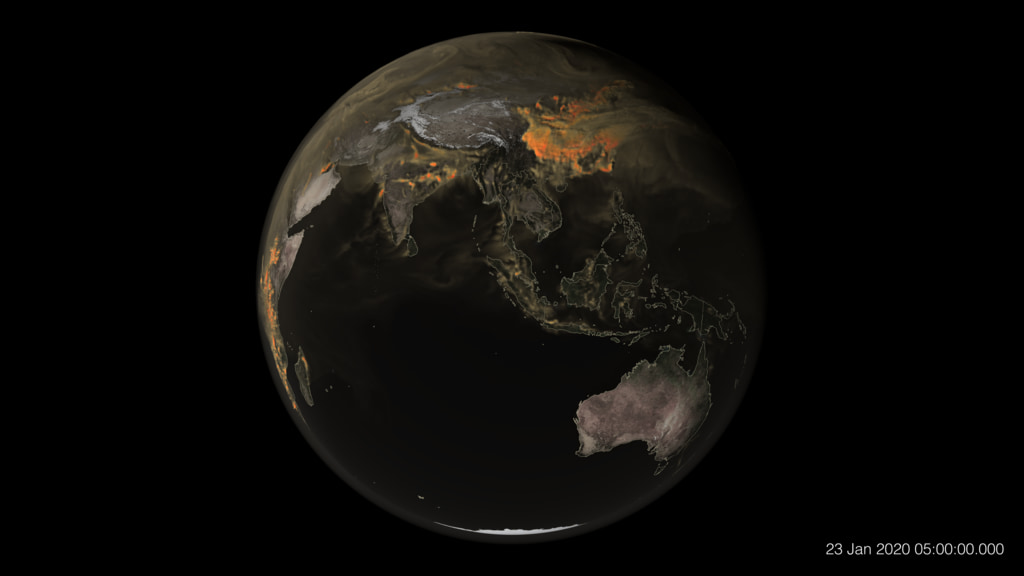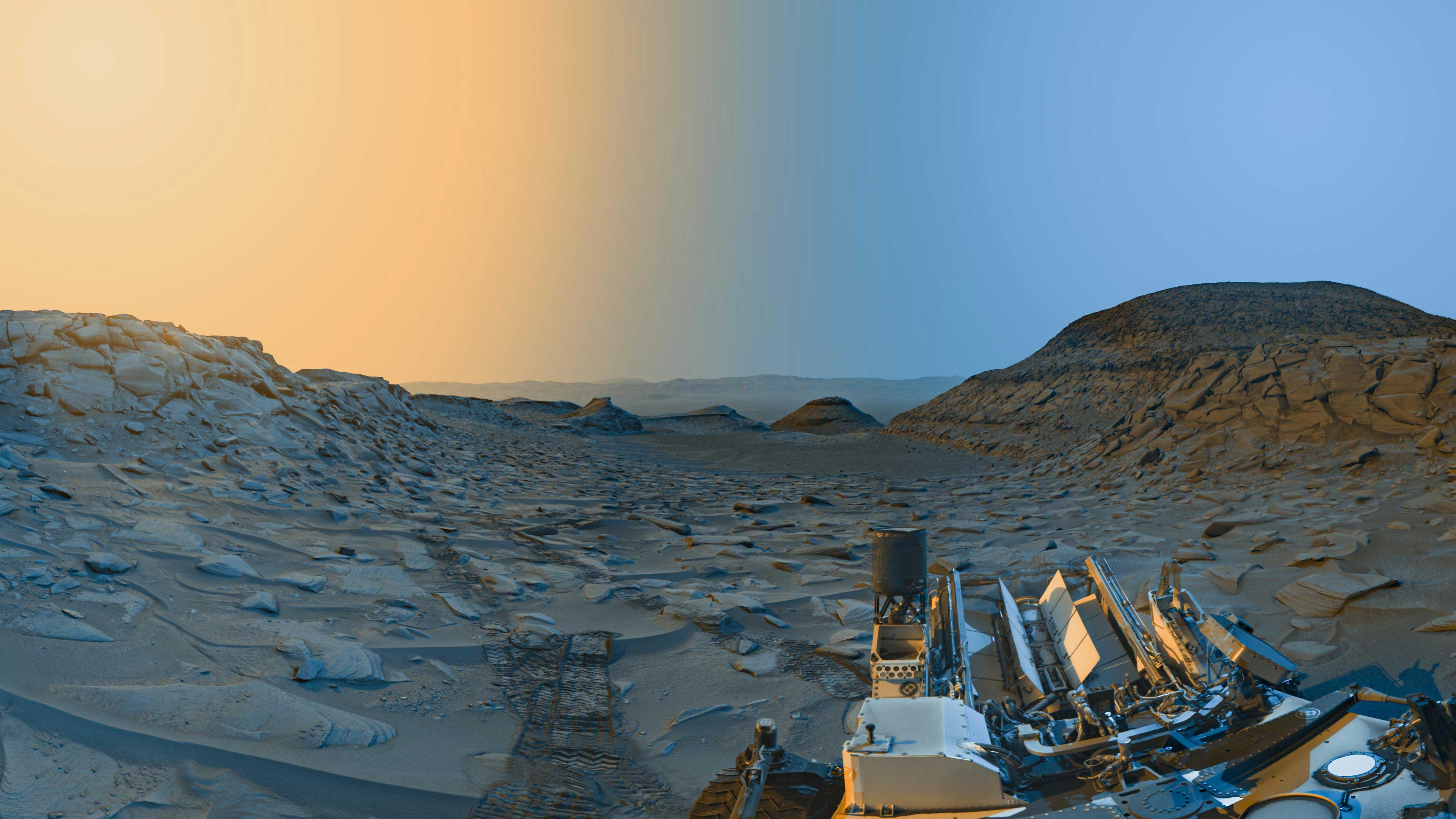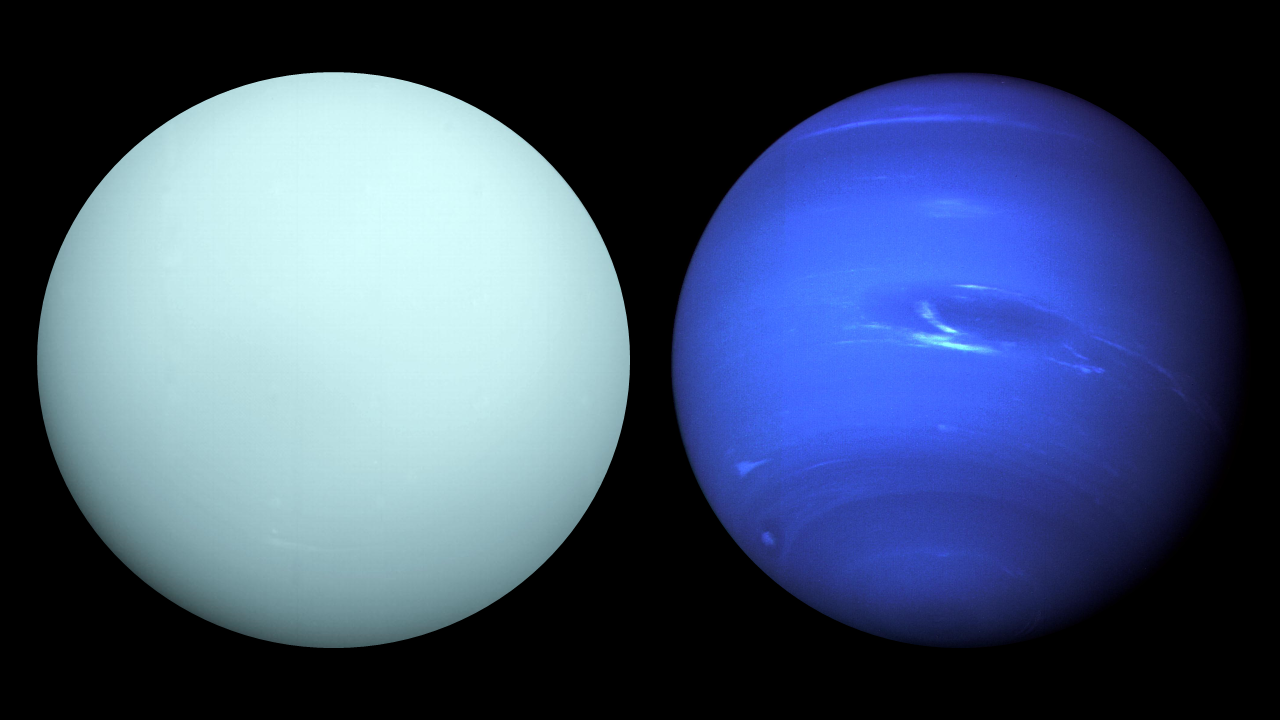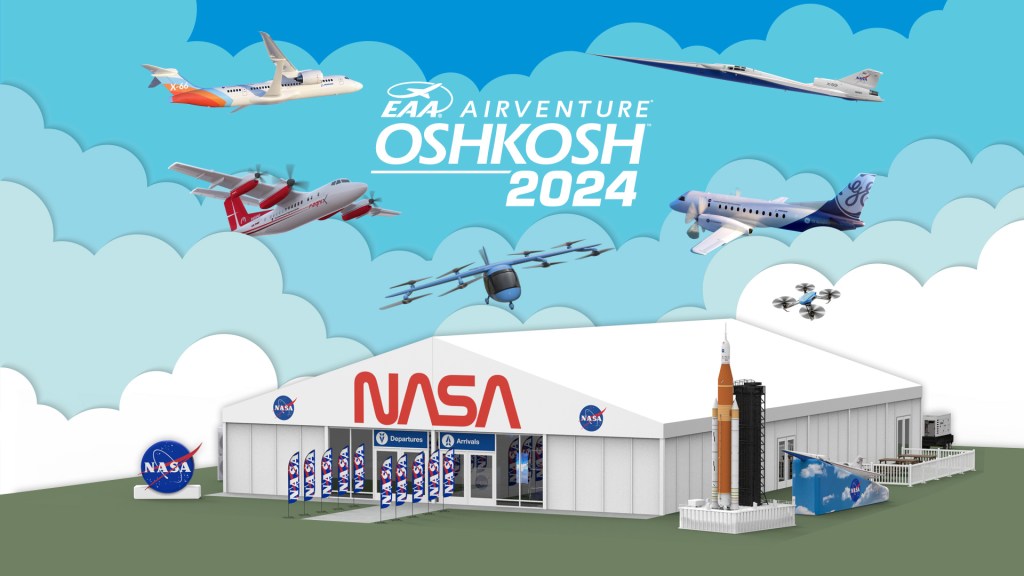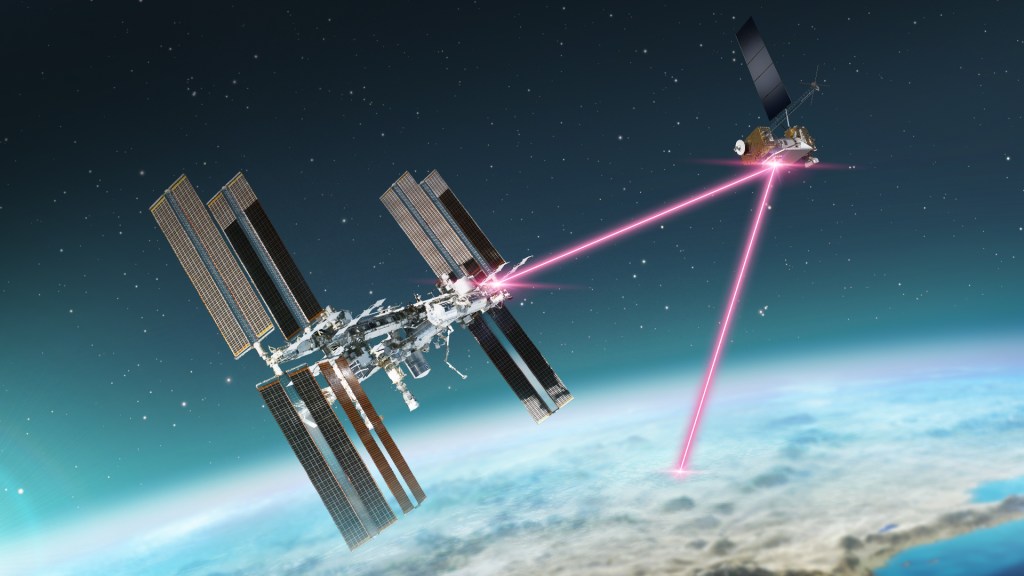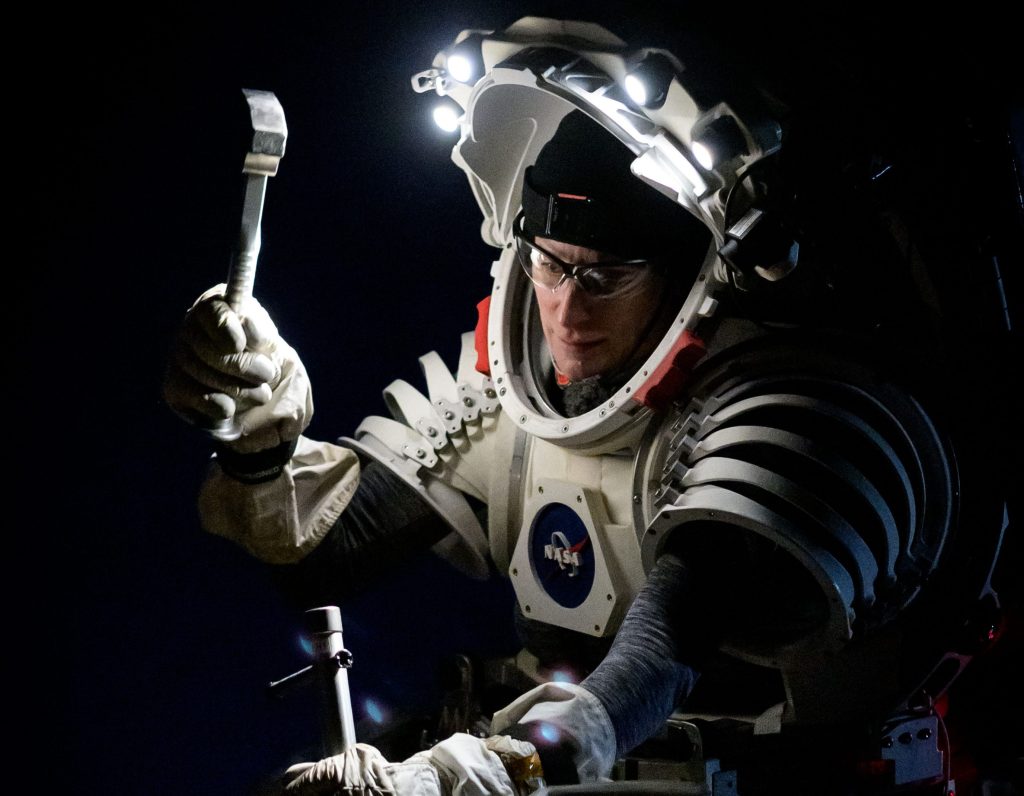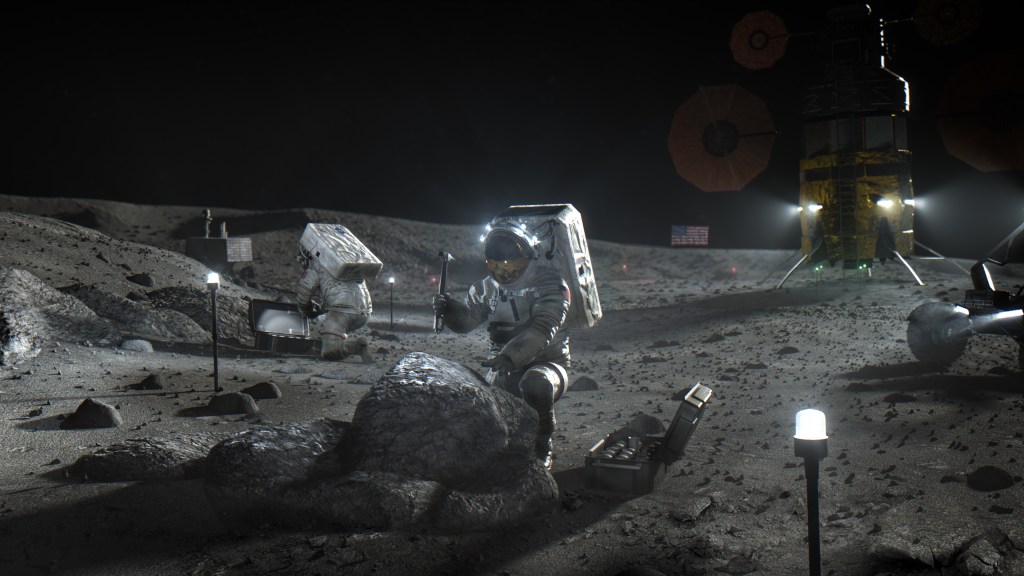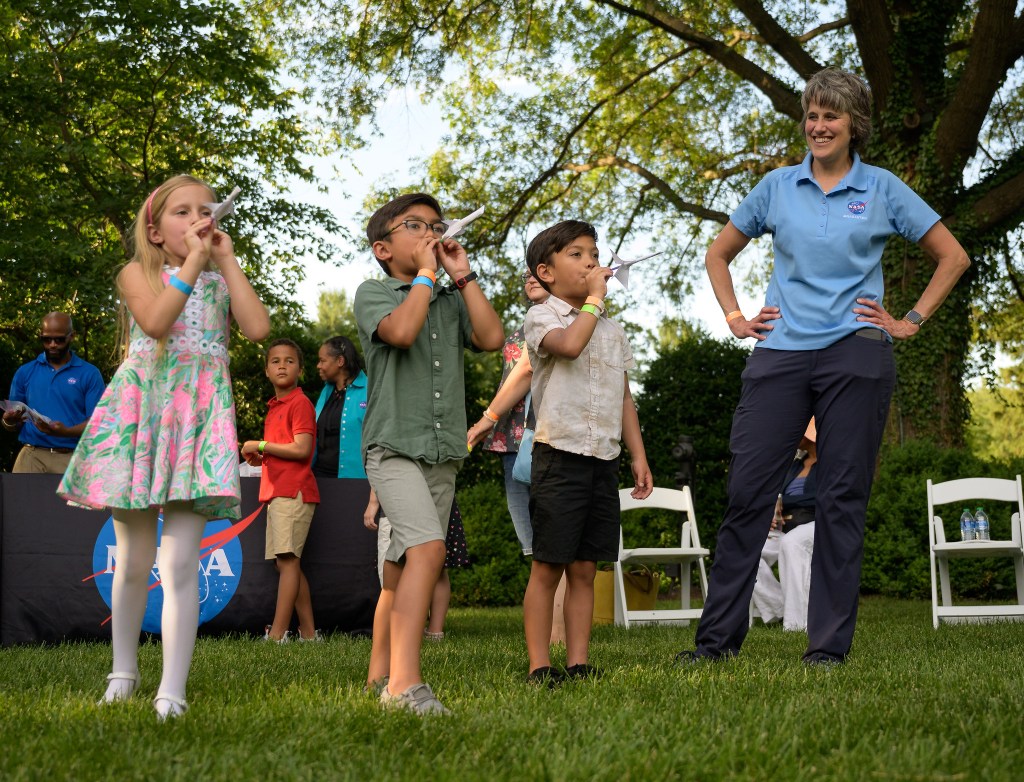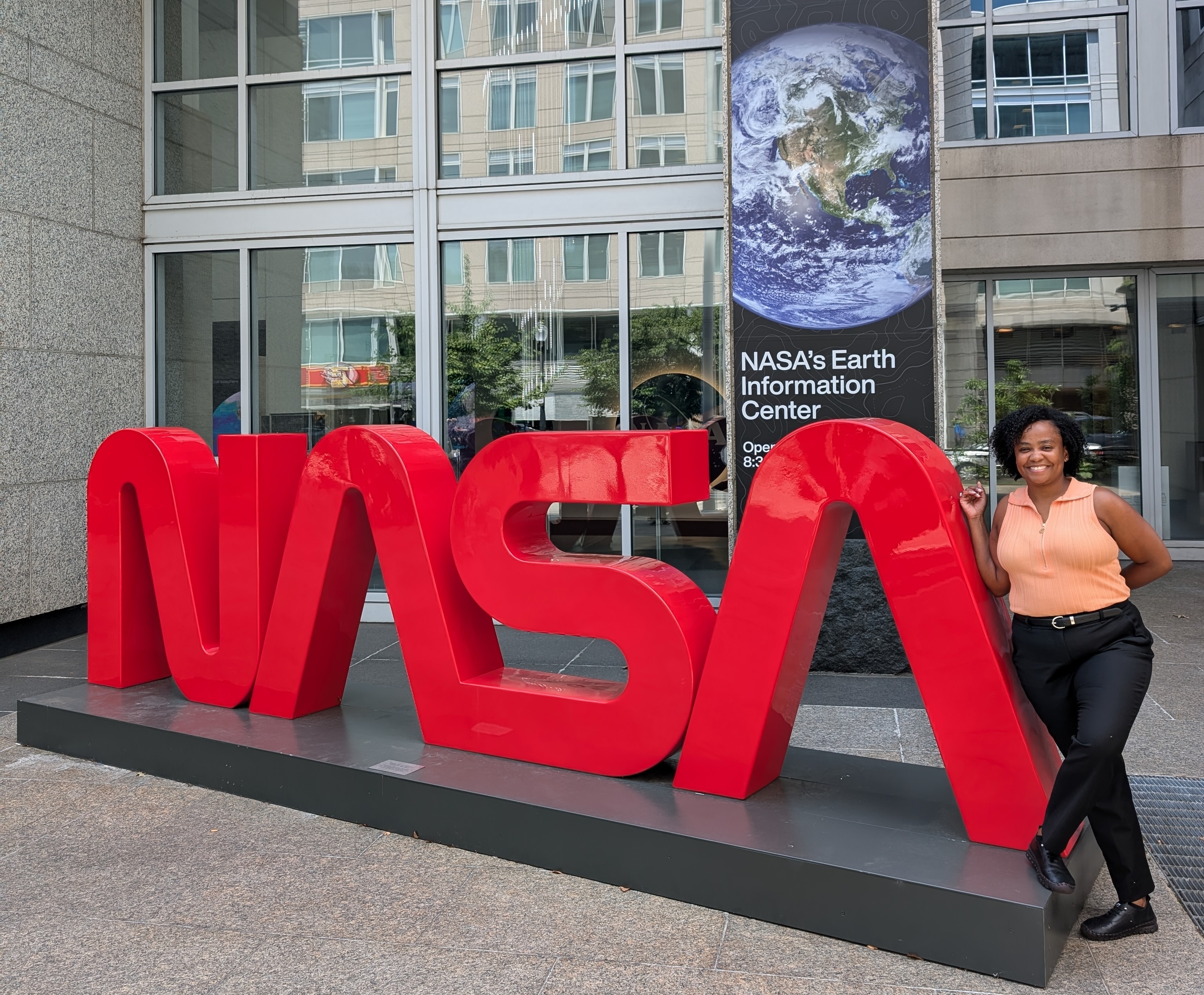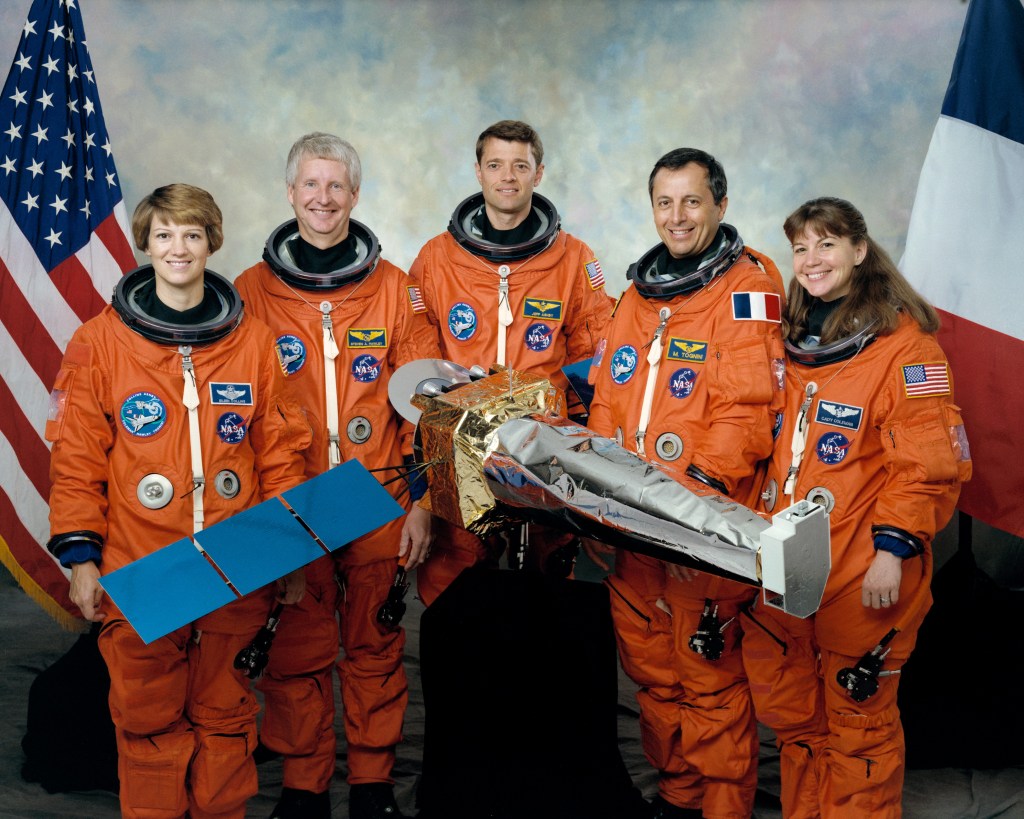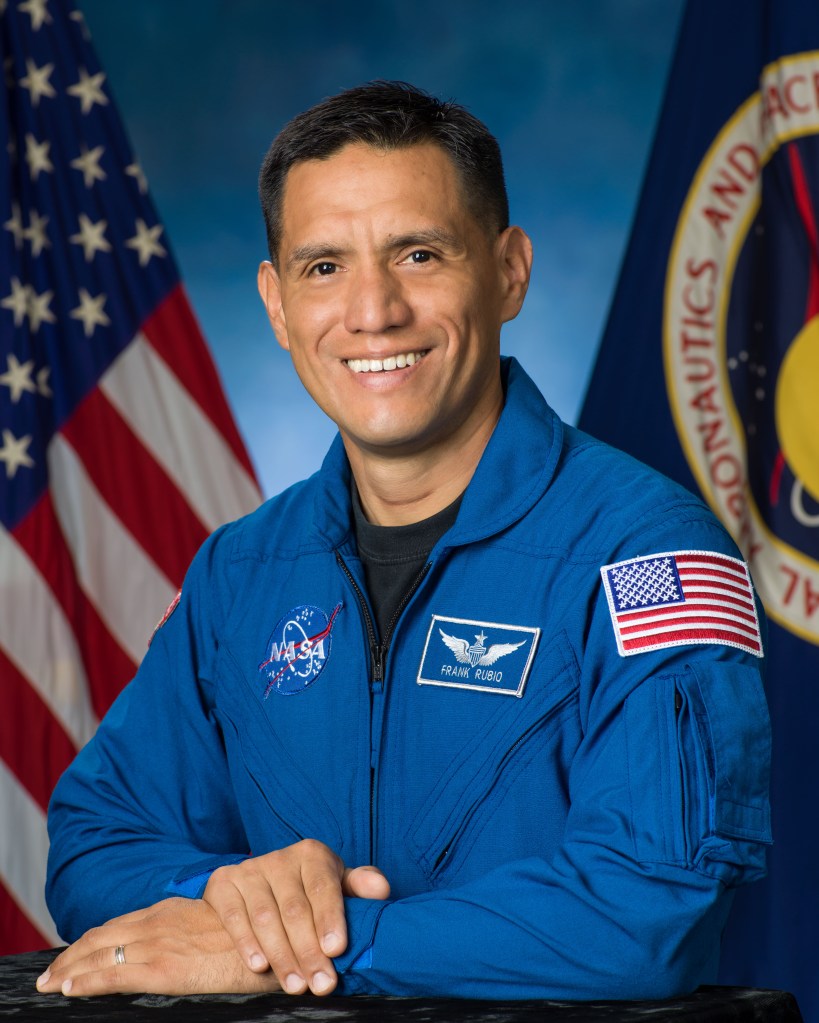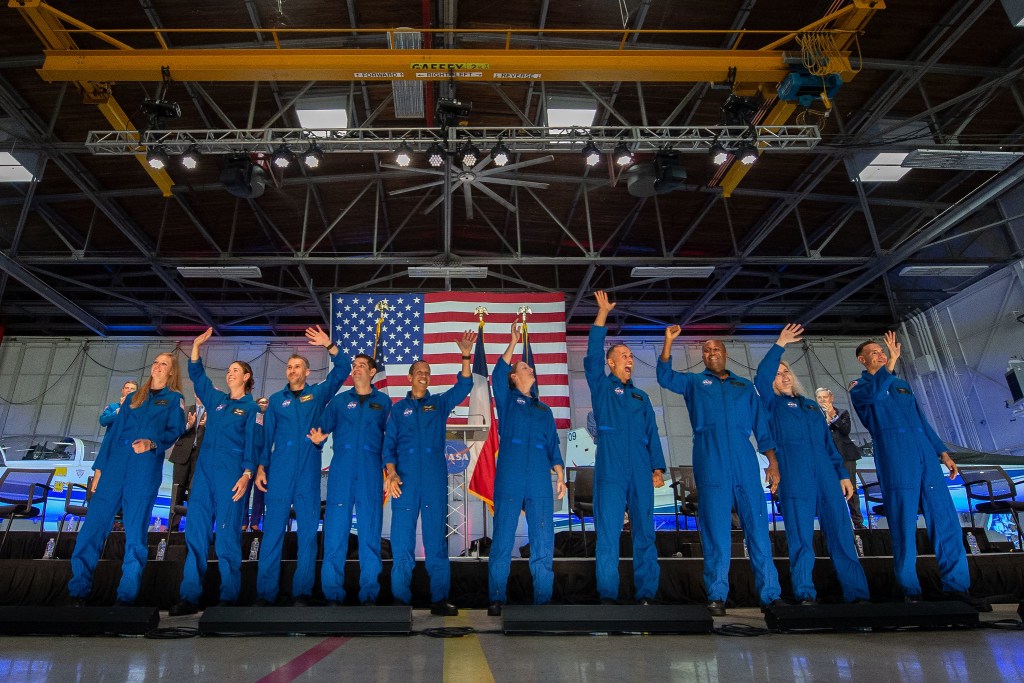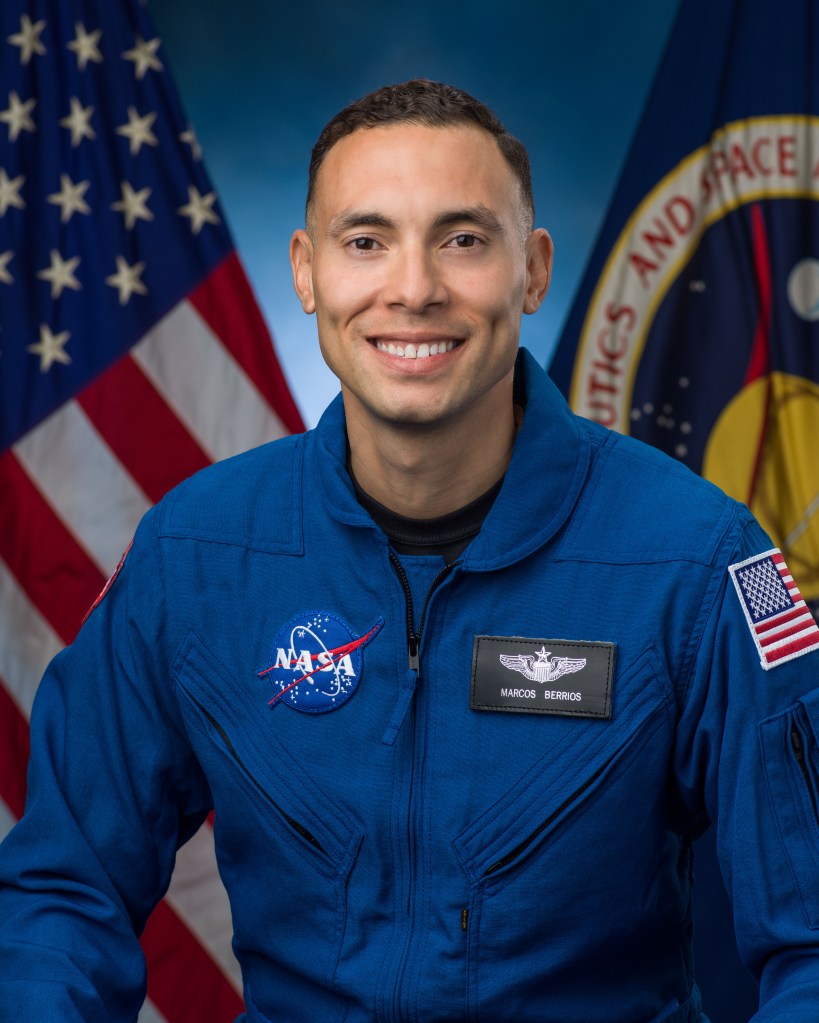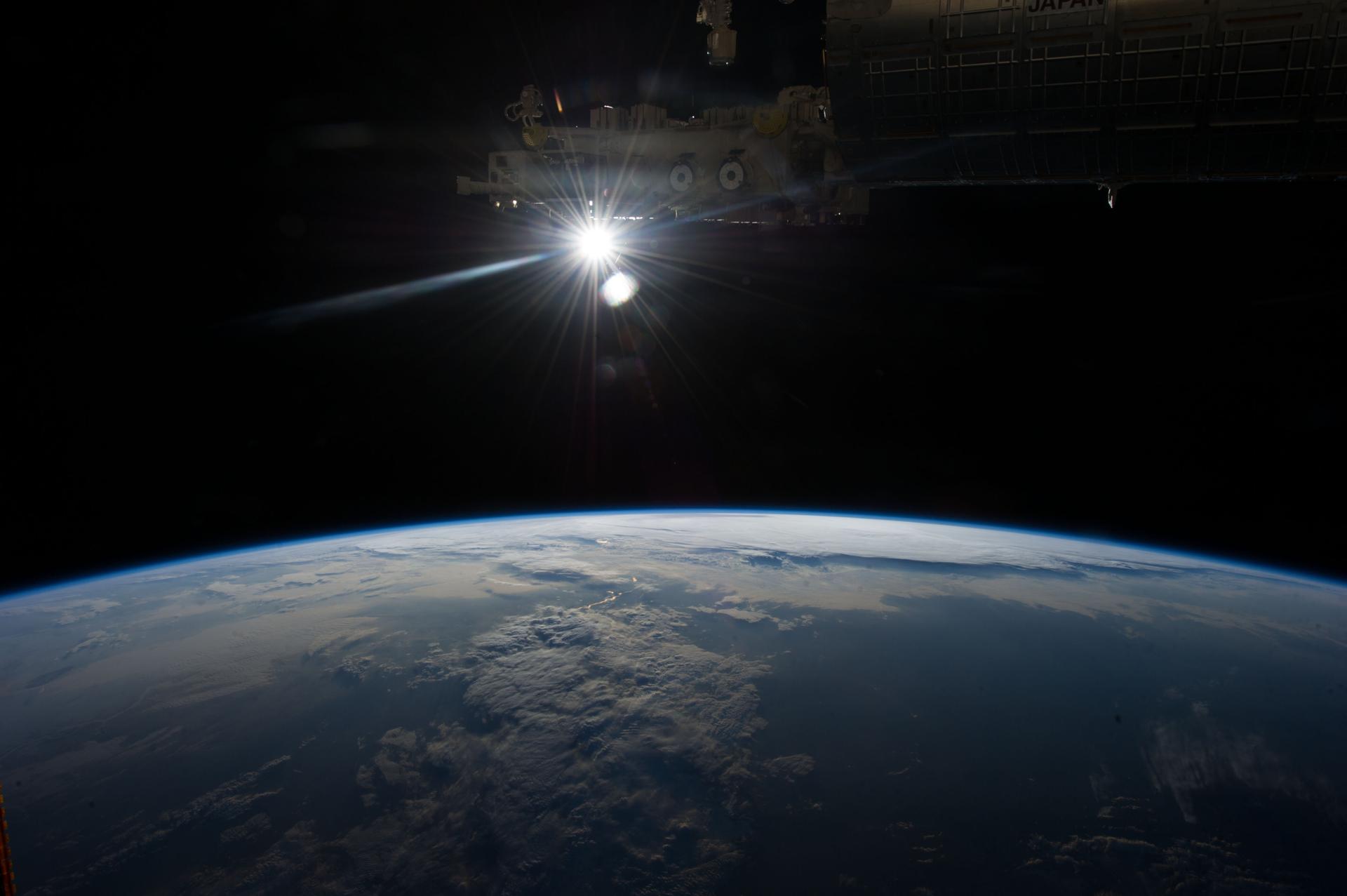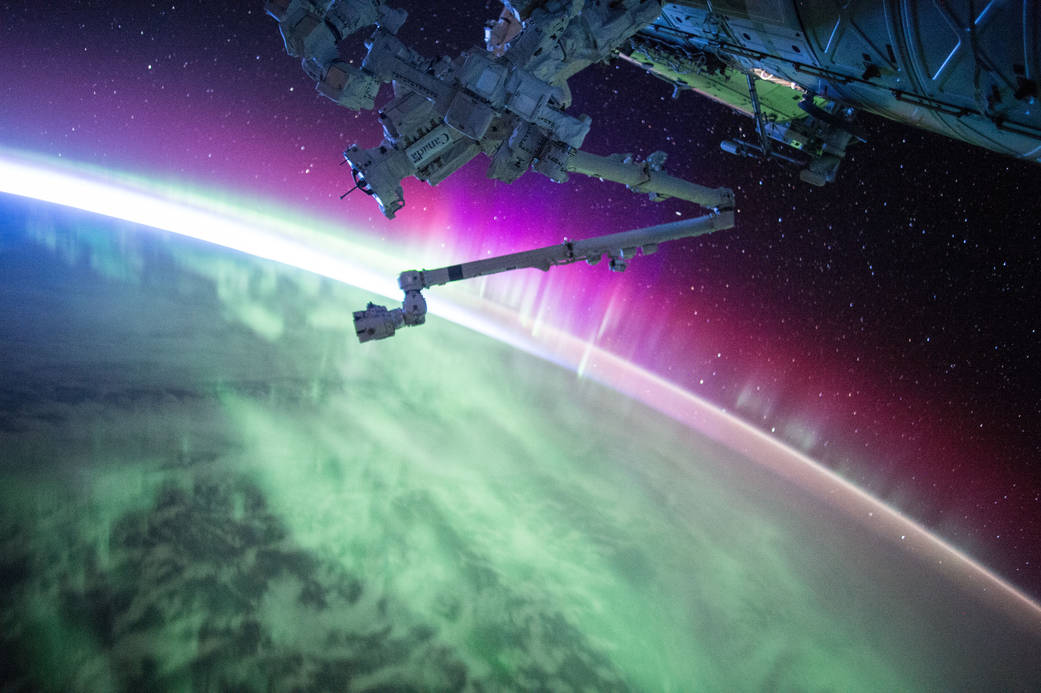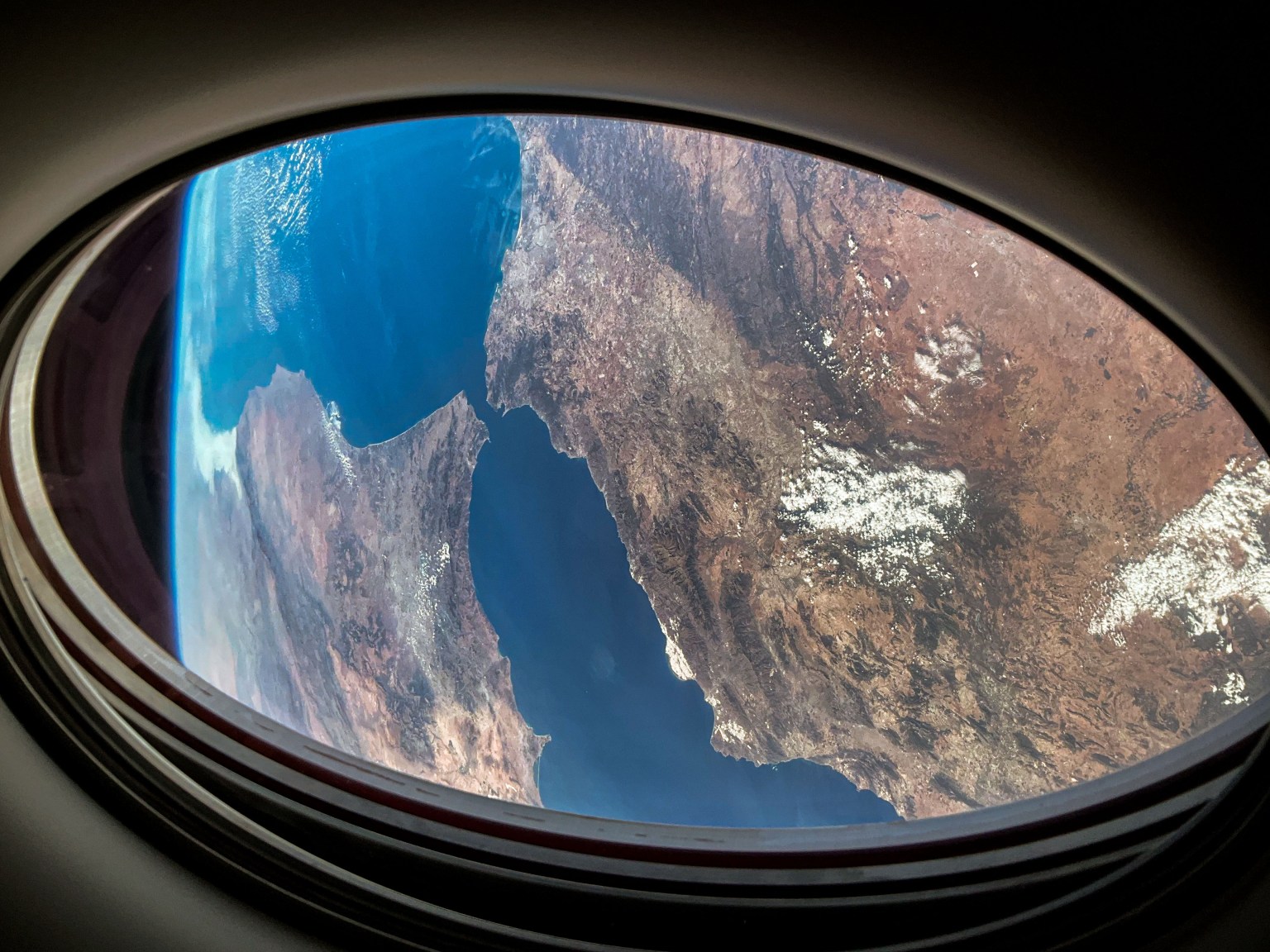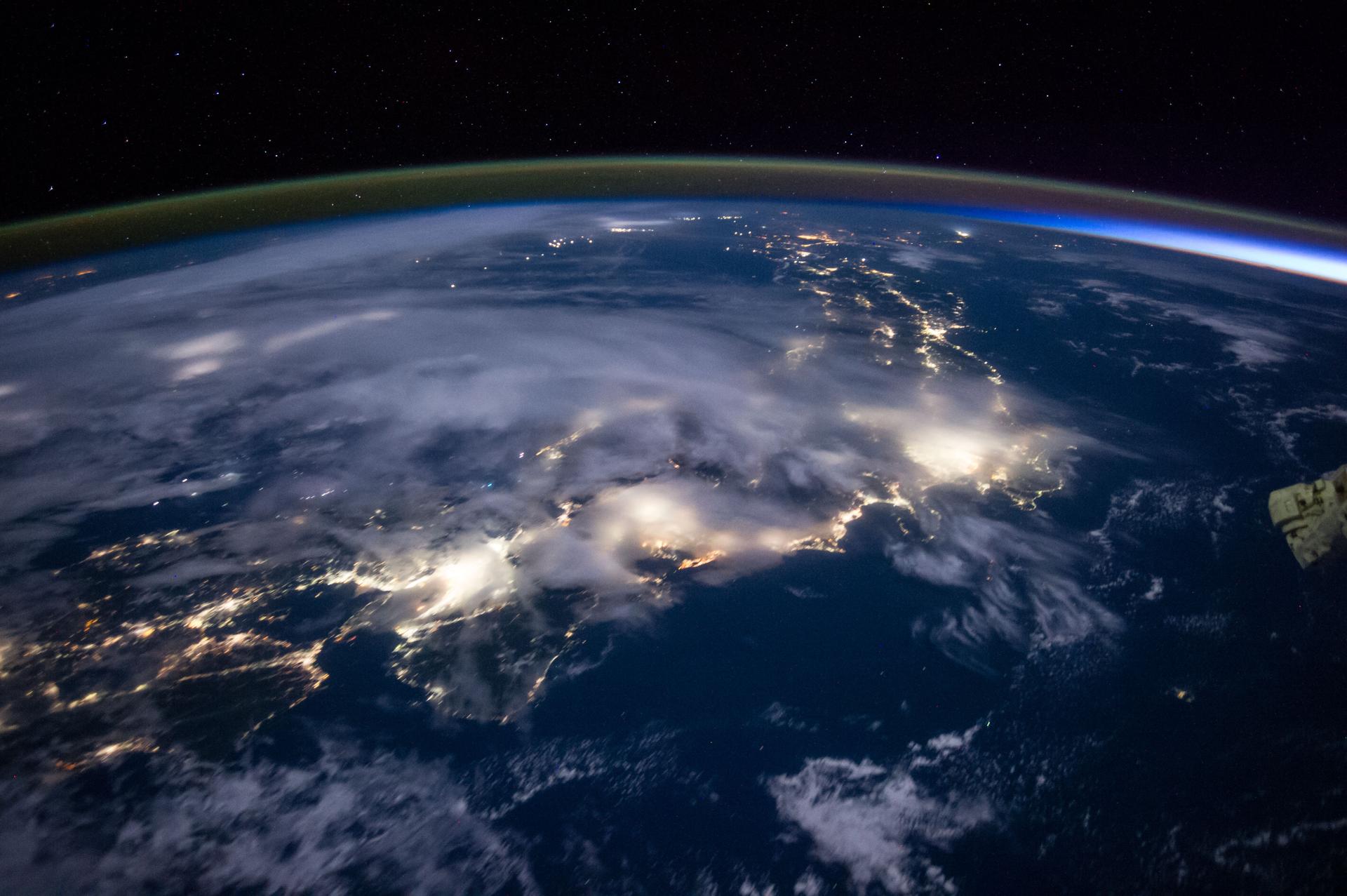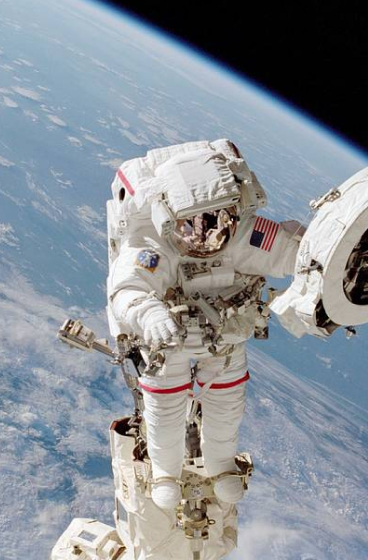As part of NASA’s efforts to foster commercially owned and operated low Earth orbit destinations, Nanoracks, part of Voyager Space’s Exploration Segment, and Northrop Grumman are teaming up to support Nanoracks’ development of the Starlab commercial space station.
Rather than developing its own destination as planned under a separate Space Act Agreement (SAA) with NASA, the agency and Northrop Grumman agreed to withdraw from its agreement so the company can join Voyager Space and Nanoracks in providing cargo logistics services and engineering services to support the Starlab station.
“This is a positive development for the commercial low Earth orbit destinations effort,” says Phil McAlister, director of commercial space at NASA Headquarters in Washington. “Northrop Grumman has determined that its best strategy is to join the Nanoracks team, and NASA respects and supports that decision. We continue to see a strong competitive landscape for future commercial destinations, and I am pleased that Northrop is staying with the program.”
Northrop Grumman was originally awarded a milestone-based agreement in 2021 to develop their station, totaling $125.6 million. To date, $36.6 million has been paid to Northrop Grumman for the successful completion of milestones.
NASA plans to take the remaining funding associated with Northrop Grumman’s withdrawal and other program funding to add milestones to the agency’s existing agreements with the other currently funded destination partners including Voyager Space/Nanoracks, Blue Origin, and Axiom Space, assuming NASA and the companies can agree on the additional milestones and value.
“Commercial destinations are a critical capability for NASA as we transition low Earth orbit operations to private industry and open access to space. Refining strategies and evolving partnerships are part of the process as we build a robust low Earth orbit economy where NASA is one of many customers,” says Angela Hart, manager of commercial low Earth orbit development program at NASA’s Johnson Space Center in Houston. “This opportunity provides us the ability to reduce risks and have more insight into our partners’ technical designs.”
Negotiations are ongoing to determine additional milestones for the existing partners and NASA will share more on those negotiations once they have been completed.
This additional content and funding will allow the partners to accelerate development efforts and help address schedule risk in reaching operational readiness prior to the International Space Station retirement in 2030.
NASA is supporting the design and development of multiple commercial space stations with the three funded partners listed above, as well as several other partners with unfunded agreements through NASA’s Collaborations for Commercial Space Capabilities-2 project.
The design and development phase will be followed by the procurement of services from one or more companies, where NASA aims to be one of many customers for low Earth orbit destinations after the retirement of the International Space Station. The agency recently issued a request for information for industry to provide input on the agency’s requirements for end-to-end low Earth orbit space station services.
NASA’s commercial strategy for low Earth orbit will provide the government with reliable and safe services at a lower cost and enable the agency to focus on Artemis missions to the Moon in preparation for Mars, while also continuing to use low Earth orbit as a training and proving ground for those deep space missions.
For more information about NASA’s commercial space strategy, visit:
https://www.nasa.gov/humans-in-space/commercial-space/
-end-
Joshua Finch
Headquarters, Washington
202-358-1100
joshua.a.finch@nasa.gov
Rebecca Turkington
Johnson Space Center, Houston
281-483-5111
rebecca.turkington@nasa.gov


